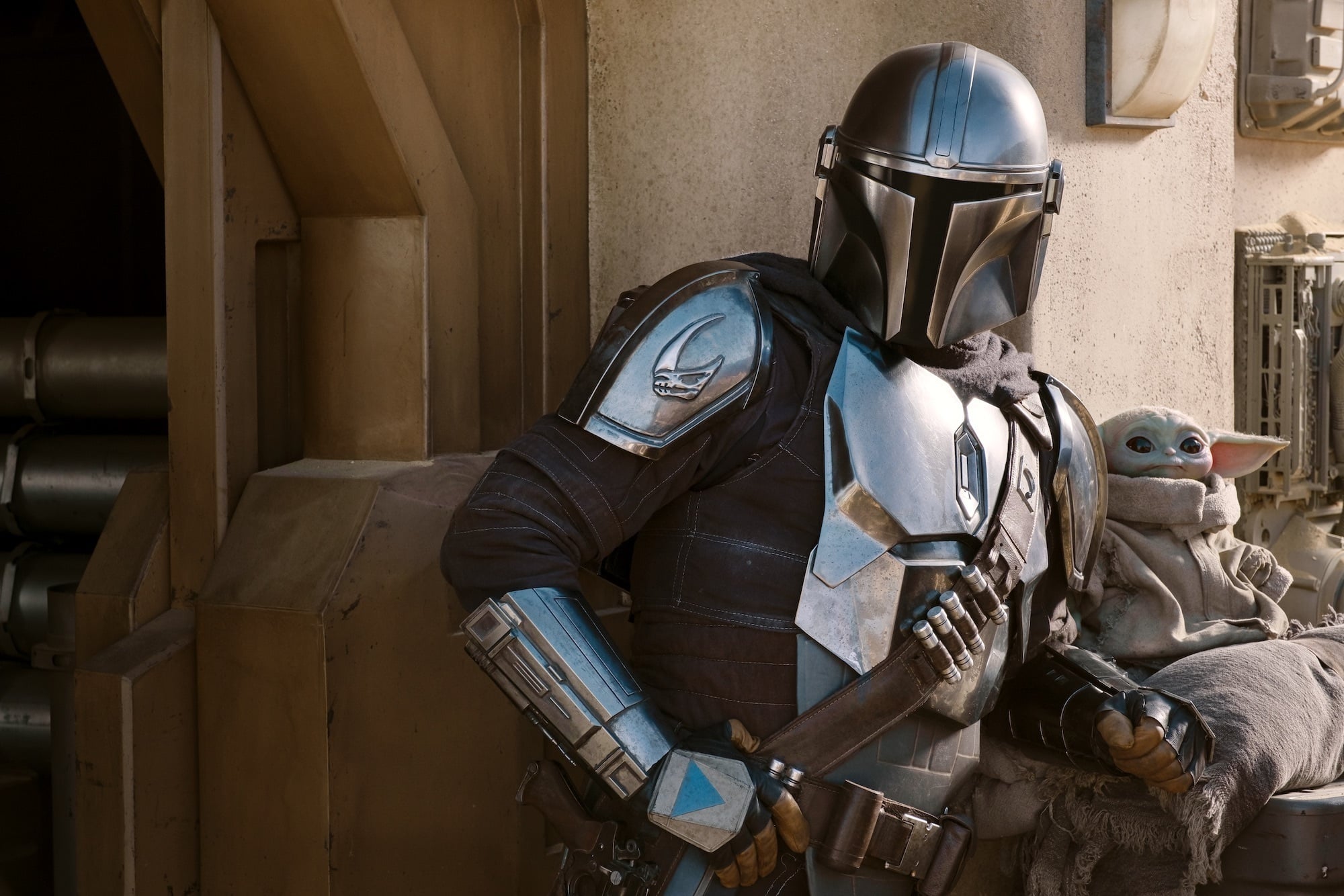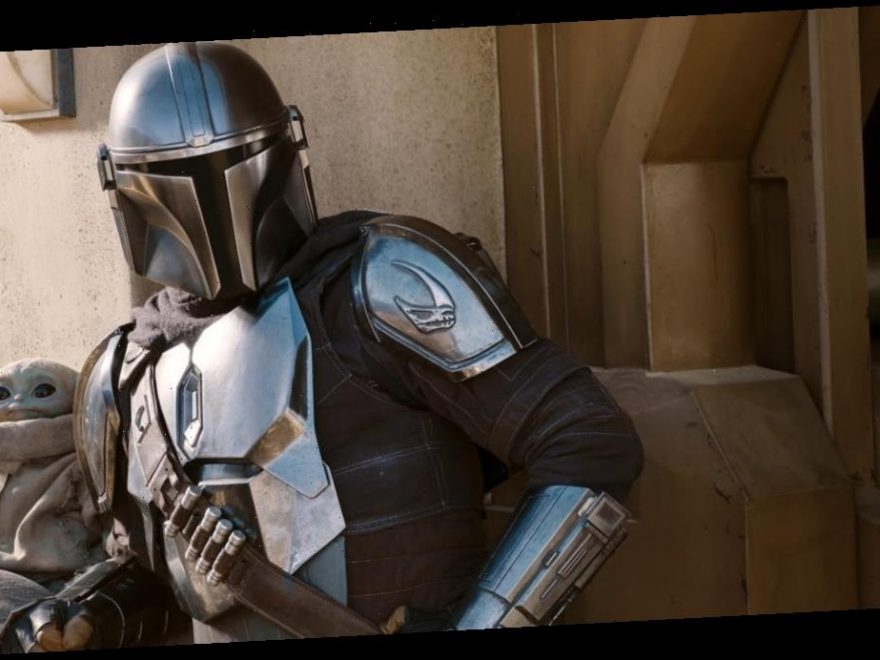
The concept of a “foundling” has been one of the most important parts of The Mandalorian, especially since both its main characters, Din Djarin and Grogu, have been foundlings. It’s actually a pretty simple term to describe something that seems to come up a lot in the world of Star Wars.
In the simplest terms, “foundling” is just another word for “orphan” in the Star Wars universe: it refers to a child who has been left alone, either because their parents died, disappeared, or were taken away. We’ve mostly seen it used in a Mandalorian-specific context, as part of the culture of Mandalore. Throughout the first season, we get glimpses of Djarin’s own past as a foundling — he isn’t a native-born Mandalorian but a child of an unknown culture whose parents were killed and who was rescued by a Mandalorian warrior to be raised among them.
As we learn from the Armorer, it’s part of the creed of Mandalorian culture to take in foundlings, no matter the circumstances of finding those abandoned or lost children. She tells Djarin, “A foundling is in your care. By creed, until it is of age or reunited with its own kind, you are as its father,” in reference to Grogu. That creed is, presumably, part of the reason why Djarin has a change of heart at the very beginning of the series, going back and rescuing Grogu rather than leaving him behind after fulfilling his intial bounty mission to bring the child in. We also catch glimpses of other Mandalorian foundlings when Djarin visits the underground colony of Mandalorians, although they’re not discussed in depth. The one thing that’s clear is that it’s part of Mandalorian life to care for the innocent, despite being known best for being a tough warrior culture.
It’s not entirely clear if the term “foundling” is used anywhere else in the universe of Star Wars. We’ve seen other characters who are orphaned as children and left without parental guidance (the most obvious example, of course, is Rey, the heroine of the sequel trilogy), but they’re not outright referred to using the word “foundling.” It’s certainly possible that this is a specific concept to Mandalorian culture, which we’ve learned bits and pieces about throughout the show, but it hasn’t been stated for sure.
Source: Read Full Article
